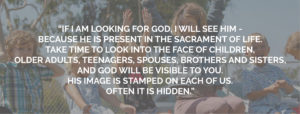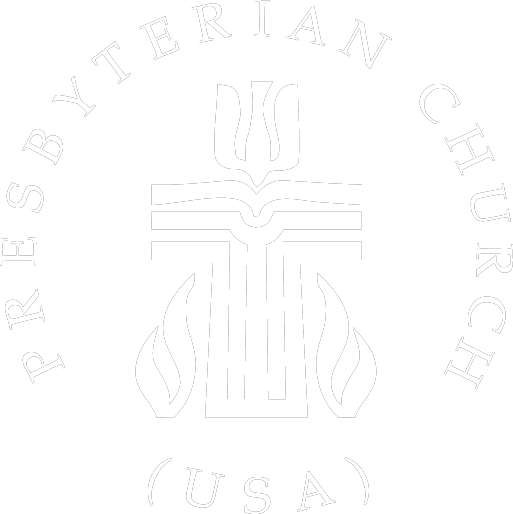When we say ‘something is a sacrament’ in church and in life, we are saying that it is the visible expression of an invisible grace. When we say communion, or the Lord’s Supper, is a sacrament we mean it is a visible tangible expression of an invisible reality – the self-sacrificing grace of Jesus. The following is from one of C.S. Lewis’s letters. (As an aside, Lewis answered every letter he received up until his death in 1963)
By the bye, what are your views, now, on the question of sacraments? To me that is the most puzzling side of the whole thing. I need hardly say I feel none of the materialistic difficulties: but I feel strongly just the opposite ones—i.e., I see (or think I see) so well a sense in which all wine is the blood of God—or all matter, even, the body of God, that I stumble at the apparently special sense in which this is claimed for the Host when consecrated. George Macdonald observes that the good man should aim at reaching the state of mind in which all meals are sacraments. Now that is the sort of thing I can understand: but I find no connection between it and the explicit “sacrament” proprement dit[“properly so called”]. The Presbyterian method of sitting at tables munching actual slices of bread is clearly absurd under ordinary conditions: but one can conceive a state of society in which a real meal might be shared by a congregation in such a way as to be a sacrament without ceasing to be also their actual dinner for that day. Possibly this was so in the very early Church.
The Collected Letters of C. S. Lewis, Volume II Copyright © 2004 by C. S. Lewis Pte
I fully subscribe to Lewis’s position.
That what we move towards as followers of Jesus is being able to receive every meal as a gift – every human encounter as an encounter with God.
In a recent sermon, I shared a prayer by Mother Teresa, found in the little book “Something Beautiful for God”. She said she could face the human tragedy of the slums of Calcutta because she saw Jesus’s face in each face she encountered, no matter how disfigured or degraded. Jesus was always present to Mother Teresa as she immersed herself in the sea of humanity that is Calcutta.
I’m not very good at this.
If I have something I need to do, or somewhere to go, I can feel like people are in my way or keeping me from my goal. I spend a lot of energy working against this engrained response, attempting to receive what comes my way as a gift from God. It happens sometimes. And perhaps it happens more now than a few years ago.
How does it happen, that each meal we eat is an encounter with God’s gracious gifts?
That each person is an encounter with Jesus?
Really, it is quite simple – just not easy. It may be as simple as being reminded to pray as I sit down to a meal, not the rote grace of my childhood – but the recognition of the Lord’s prayer: this is my daily bread. And God you sustain me in my body and my ability to think and act and work. Through the tastes of food and drink you give me delight in the savory goodness of your world.
Or when I go through my day I take a minute not to consider the transaction I’m engaged in, but the people I meet as being the transport of God’s image to me.

Lewis in his sermon “The Weight of Glory” suggests that our neighbor is, next to the sacrament of communion, the most holy thing presented to our senses. We are told in Romans 12 to live and give “with eyes wide open to the mercies of God”.



